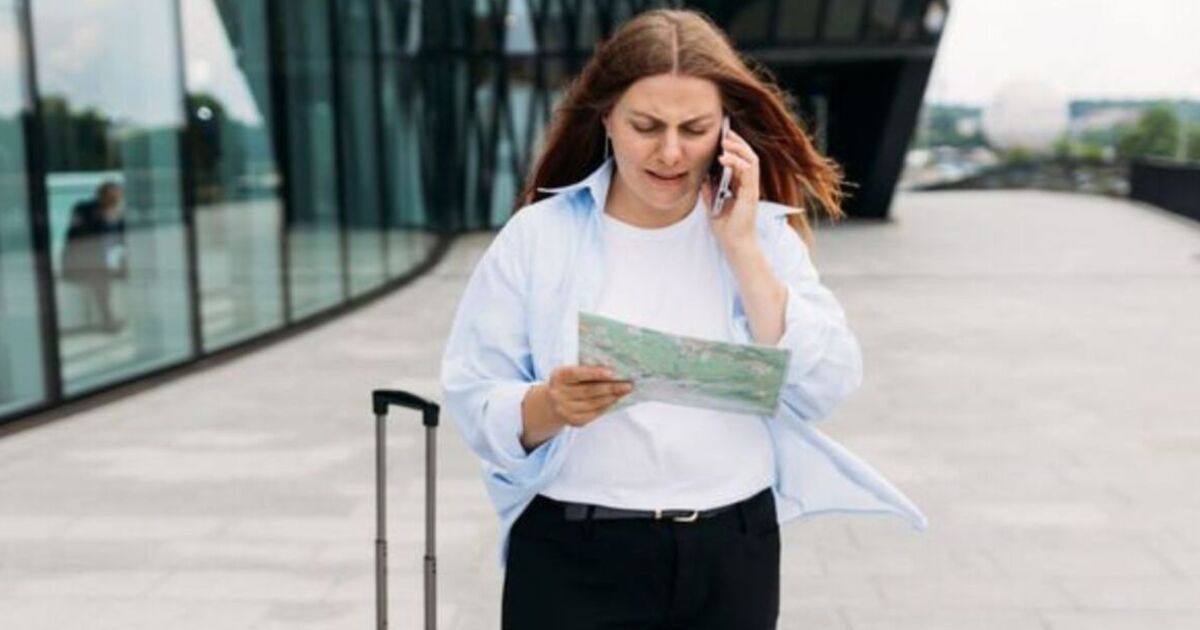
Booking a summer holiday offers the promise of sun, sea and sand as well as the opportunity to enjoy new cultures and food.
However, a new warning has been issued about the tricks being used by scammers to pick the pockets of naive tourists.
The fraudsters range from old fashioned conmen to high-tech scammers who use technology to identify their victims.
With the advancement of technology, travel scams have become even more challenging to spot compared to the past.
Will Bolsover, the founder of Natural World Safaris, reveals the top three travel scams of 2024 and how to avoid them.
‘Helpful’ locals
When visiting a new place, it’s normal for travellers to want to go in with an open mind and experience everything they can.
However, there is a real risk of being taken in by scammers who present themselves as overly helpful locals. They may offer directions; guide visitors through a particularly stressful area like a market; or introduce them to new shops.
Inevitably this help can come at a price with a demand for money at some point. While the shops and stalls people are taken to will charge extortionate prices.
Mr Bolsover said: “Travelers should keep an eye out for these kinds of scammers and be as firm as possible when explaining to them that they don’t need a guide or assistance.
“If the situation seems to become heated, they should take themselves out of it.
“Travelers shouldn’t let this experience affect their view of the locals. Often, it’s just a few bad apples in a bunch of very lovely people.”
Taxi scams
These scams are prevalent no matter what country you visit. And you are most at risk when booking or paying for a taxi.
For example, a driver will announce that the meter doesn’t work, but promise to give a good deal. In reality, they will take a long route and charge a premium.
In India, some drivers will pretend they don’t know the hotel or claim it has closed and offer an alternative.
The drivers earn commission from the hotels involved while the room prices are often inflated.
Even Uber drivers can rip you off. Some will ask passengers to pay in cash for a trip while at the same time charging the passenger on the app – doubling the cost.
Mr Bolsover said: “Travelers should always be vigilant when getting private transport around a new area.
“When haggling with a driver on price, first check the Uber app to make sure it seems like a reasonable deal.
“Always ensure that the taxi meter is on and can be seen throughout.
“Check prices with a destination specialist who will help them secure transfers ahead of time.”
Social media customer support impersonator
Scammers are also using social media, particularly X, to find targets who have had a recent flight change or cancellation.
Customers often reach out to airline help accounts on social media to help get issues resolved, but scammers will respond posing as the airline of travel firm involved.
They will use the airline’s profile picture and bio, while many scammers pay for a blue tick to make them appear genuine.
The scammers will attempt to con their victims into providing personal information, including phone numbers and bank details on the pretext of offering refunds.
Mr Bolsover said: “Travellers should check the handle of the X account to ensure it is from the original airline.
“It’s also helpful to check how many followers the account has, as an unusually low amount indicates that the account is fake. Looking at when the account was created is also a giveaway.
“The best advice is to contact the real airline account directly via DMs to ensure you know who you are talking to.”
